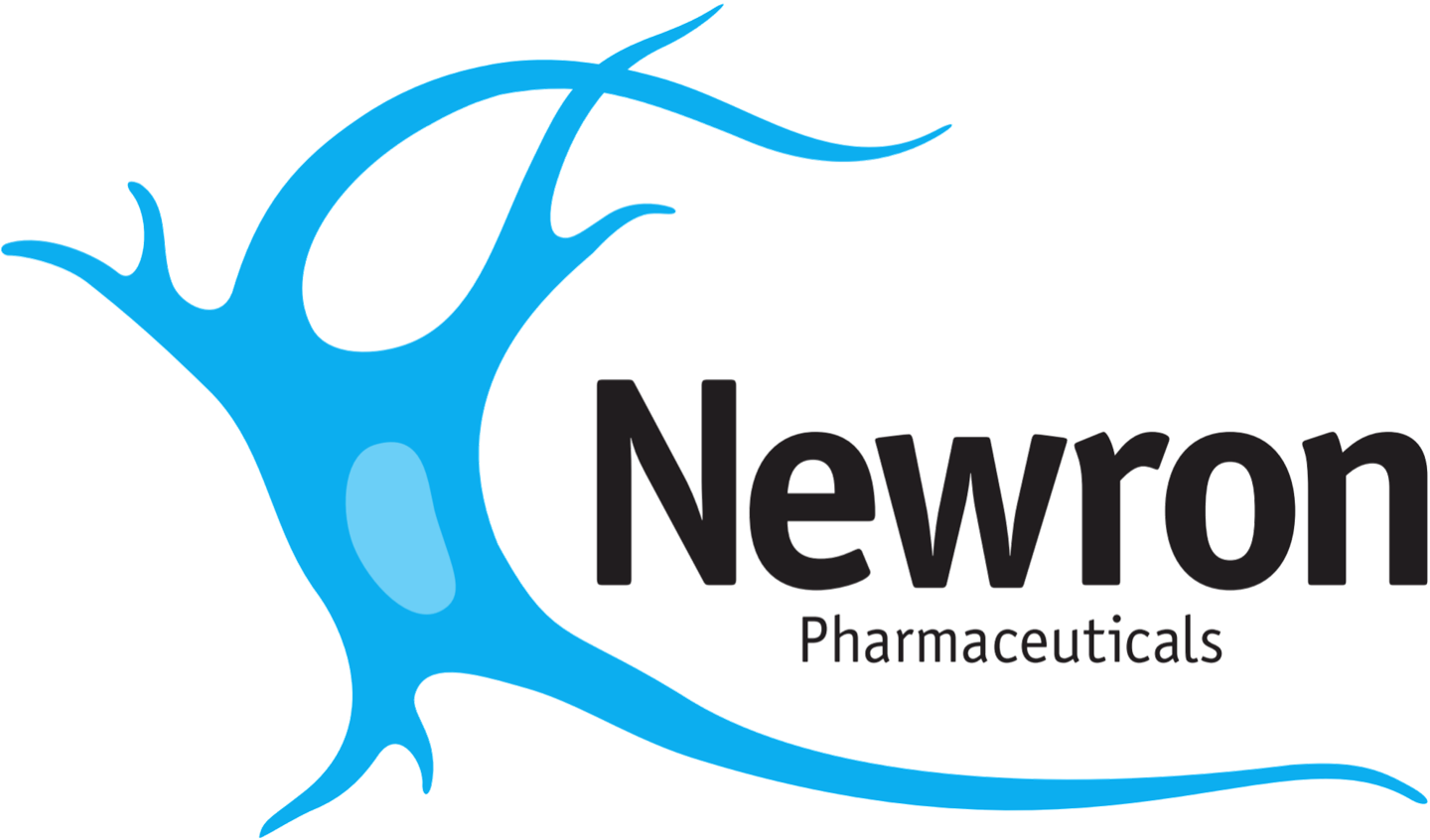
Newron reports exceptional one-year results of study 014/15 with evenamide in treatment-resistant schizophrenia (TRS)
Treatment with evenamide demonstrated significant, clinically important, progressive, sustained and long-lasting improvement on PANSS total, CGI-S and Level of Functioning (LOF)
More than 70% of patients experienced clinically important reduction in disease severity
25% of all patients achieved “remission”
No patient relapsed during the one-year treatment period
Never before seen results for evenamide, a glutamate modulator, suggest transformative management and societal outlook for patients with TRS
Company prepares for a potentially pivotal, Phase III, one-year, randomized, double-blind, placebo-controlled TRS trial
Newron Pharmaceuticals S.p.A., a biopharmaceutical company focused on the development of novel therapies for patients with diseases of the central and peripheral nervous system (CNS) and based within OpenZone campus, reported positive one-year results from its open label study 014/015, evaluating its investigational drug evenamide as an add-on to antipsychotics for the management of treatment-resistant schizophrenia (TRS). The data demonstrated that treatment with evenamide was associated with sustained clinically significant benefit that increased throughout the one-year course of treatment.
Final results at one-year indicate that the addition of evenamide to antipsychotics was well tolerated, with a low incidence of treatment-emergent adverse dropouts, and without any pattern of motor or CNS symptoms, weight gain, sexual dysfunction or laboratory/electrocardiogram (EKG) abnormalities. Of the 161 TRS patients randomized in the study, 75% completed one-year of treatment: the causes of attrition were withdrawal of consent (14.3%), not rolling over into extension study (5.6%), lost to follow up (3.1%), and adverse dropouts (ADOs) (1.9%).
Study 014/015 key findings and conclusions at one-year (full study population):
- Efficacy results based on change from baseline in the Positive and Negative Syndrome Scale (PANSS), the Clinical Global Impression of Severity (CGI-S), and the Strauss Carpenter Level of Functioning (LOF) showed a statistically significant improvement at one year (p-value < 0.001: paired t-test, OC/LOCF). All efficacy scales showed gradual and sustained improvement.
- In contrast to common clinical experience, no patient “relapsed” during the one-year treatment period.
- More than 70% of the patients experienced clinically important reduction in disease severity.
- Approximately 90% of the patients who had responded to the treatment by a clinically important reduction (≥ 20% from baseline) on PANSS total score at six months (~45%) maintained their response at one-year.
- Review of the efficacy data indicated that treatment with evenamide resulted in approximately 50% of patients at one-year no longer meeting any of the protocol severity criteria used to diagnose treatment resistance.
- 25% of all patients achieved “remission”, never described before in TRS patients.
The durability and longevity of these clinical benefits is unprecedented and strongly raises the expectation for an improved evidenced-based treatment strategy for TRS patients, i.e. the addition of a glutamate modulator to background antipsychotics.
Furthermore, the findings support the initiation of a potentially pivotal, Phase III, randomized, double-blind, placebo-controlled study of two doses of evenamide (15 and 30 mg bid) as an add-on treatment in patients with TRS.
Chief Medical Officer at Newron
Treatment with evenamide as an add-on to antipsychotics in TRS patients has produced benefits that have never been reported before. Despite these patients being on therapeutic doses of antipsychotics, evenamide treatment was associated with clinically important improvement (≥20%) on PANSS in approximately 40% of patients, functioning (LOF) in over 60% of patients, and reduction in the severity of disease (CGI-S) in over 70% of patients.
Regardless of the criteria applied for remission in patients with chronic schizophrenia, approximately 25% of these treatment-resistant patients were considered in remission using the most quoted criteria. Although these data are derived from an open-label study, the increasing benefit over time from six-weeks to one-year suggests that the glutamate modulatingeffect of evenamide could lead to a progressive and long-standing alteration in brain processes synergizing with the effect of antipsychotics to which the patient had become resistant.
The above results, if replicated, would transform not only the management but also the societal outlook for patients with TRS.”
News
Via Antonio Meucci, 3
20091 Bresso MI
Cookie Policy
Privacy Policy
Codice Etico
Relazione d'impatto



